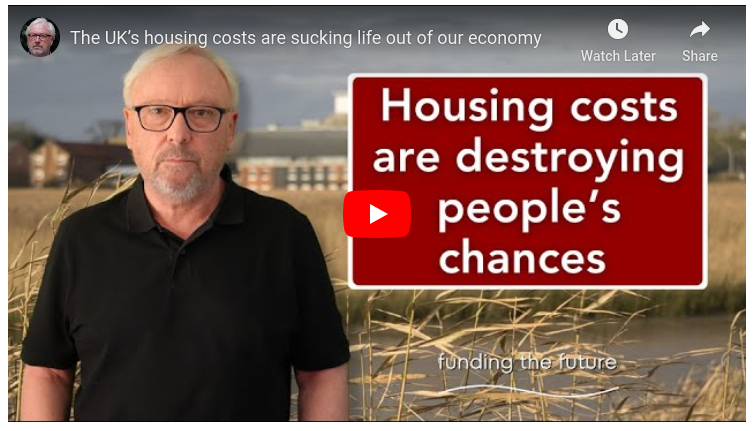Cheltenham's Housing Crisis: The Hidden Truth Behind Soaring Rents

As rents spiral beyond 40% of income in many UK towns, new evidence reveals the housing crisis isn't about shortage - it's about affordability and profit.
High rents aren't just crushing tenants - they're killing our high streets, transforming neighbourhoods into ghost towns, and forcing key workers out of communities. Yet the government keeps missing the point: we don't have a homes shortage, we have an affordability emergency.
In Cheltenham, where average rents now devour nearly half of median local income, the impact is devastating. The local Tenant Union reports families spending upwards of half their earnings on housing – far exceeding the 25% threshold considered sustainable.
The Airbnb Effect
While politicians talk about building targets, entire neighborhoods are being hollowed out by the short-term letting boom. Properties that could house local families are being transformed into what residents call "pop-up hotel districts," artificially constraining supply and driving up prices.
The Affordability Myth
Current "affordable" housing definitions have become meaningless in many areas. Pegged to market rates rather than local incomes, a two-bedroom flat marketed as "affordable" in Cheltenham can still command rents beyond the reach of teachers, nurses, and young families.
The Economic Domino Effect
"When residents spend astronomical amounts on rent, they're not buying from local shops or eating in local restaurants. It's slowly killing our high street. This ripple effect threatens the very fabric of local communities.
Real Solutions Beyond Building
The Cheltenham Tenant Union proposes immediate actions: mandatory landlord registration, stricter regulation of letting agents, and controls on short-term rentals. These measures could provide relief years before new construction makes an impact.
A New Housing Paradigm
"We don't just need more houses. We need a housing system that serves people rather than profit," argues Richard Murphy, leading economic analyst. Until we stop treating homes as assets first and shelter second, no amount of building will solve the crisis.